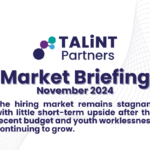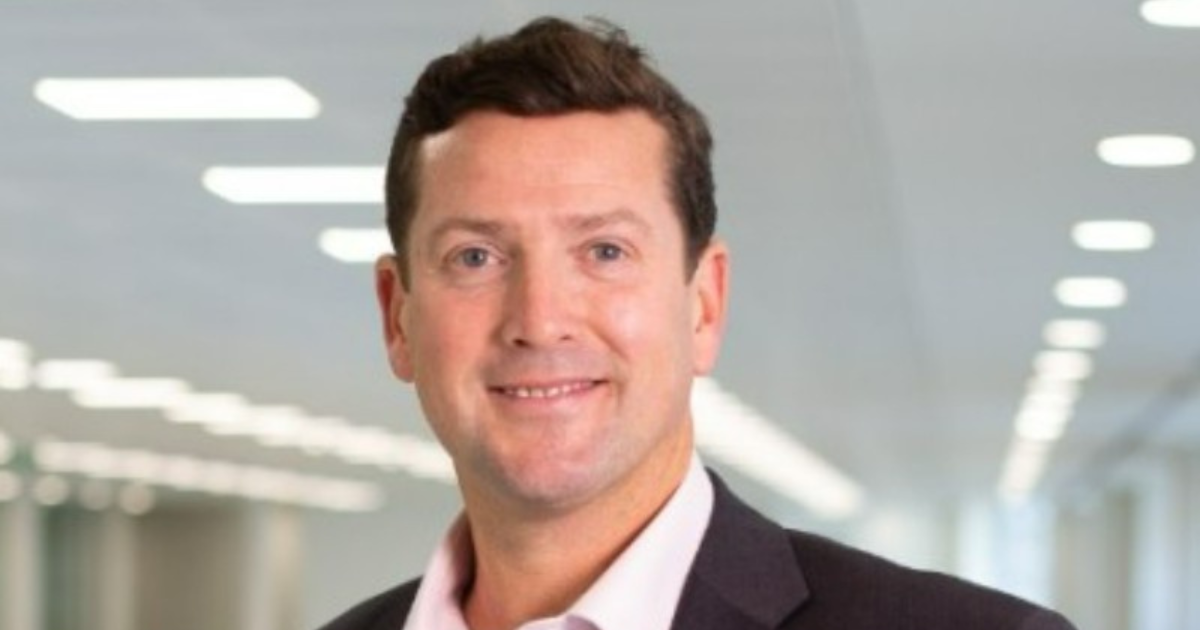Research revealed that the cost of mental health difficulties for employers has risen by 25%
The Big Four accounting firms have been subject to office inspections in Spain after claims that employees were working 12-hour days
Government inspectors visited the offices of KPMG, PwC, EY and Deloitte as part of an investigation into whether employees were working overtime without receiving payment or time off in return.
A study published last year by a wellbeing charity set up to help accountants found more than half of respondents were suffering from stress and burnout.
The research found ‘workload, long hours and the lack of margin for error in the job’ was ‘tipping many over the edge’. The report, by Caba, revealed that 80% of respondents felt poor mental health was a problem for the profession, and that almost half of those suffering from psychological conditions feared they would be treated differently if they told their employers about their illness.
In the wider UK workforce, the level of inactivity owing to sickness jumped by 537,500 in the year to June last year compared with pre-pandemic levels. An analysis by Sky News found the rise was largely due to individuals suffering from mental health conditions.
KPMG has partnered with the University of Cambridge to understand whether its wellbeing initiatives help its 16,000 employees. PwC said last year that it would invest $2.4 billion to tackle mental health problems among staff.
Research by Deloitte has revealed that the cost of mental health difficulties for employers has risen by 25% on pre-pandemic levels to £56 billion a year.
EY and PwC said that they would not comment on the investigation in Spain. KPMG and Deloitte did not respond to a request for comment.
Ken Brotherston, TALiNT Partners CEO commented: “In a professional services environment, this is a case of ‘workplace protection gone too far’. They’re well paid, on a fast track to making a lot of money and in a client services role. It’s not for governments to interfere in these types of jobs. Stick to gangmaster legislation and protecting the vulnerable.”










